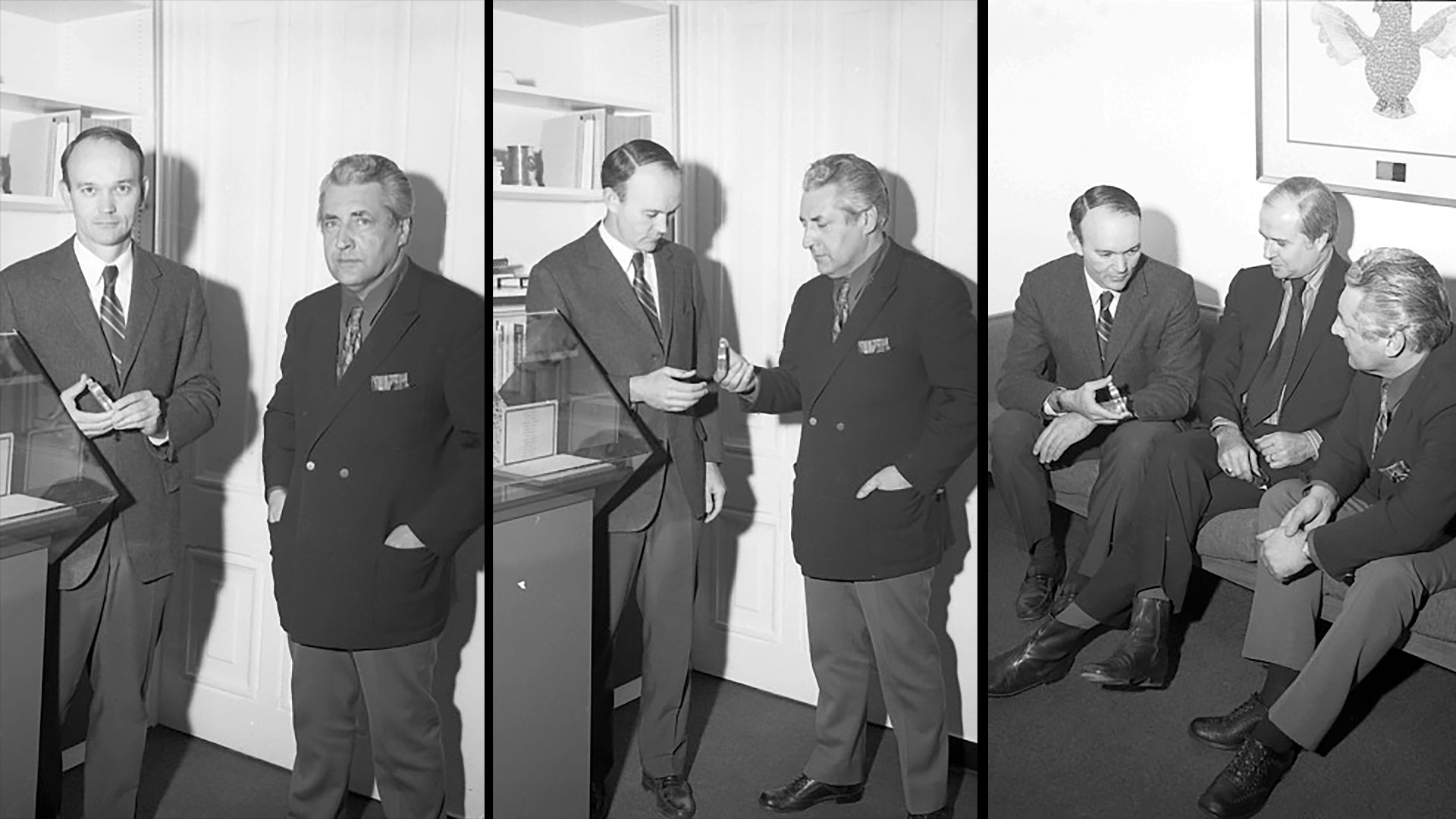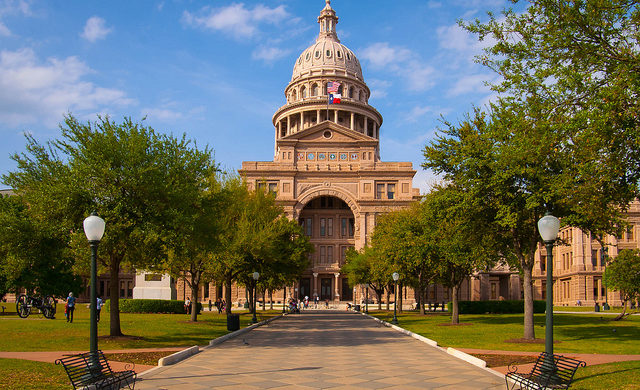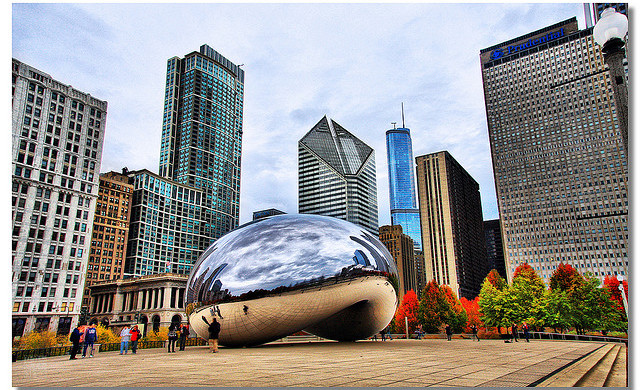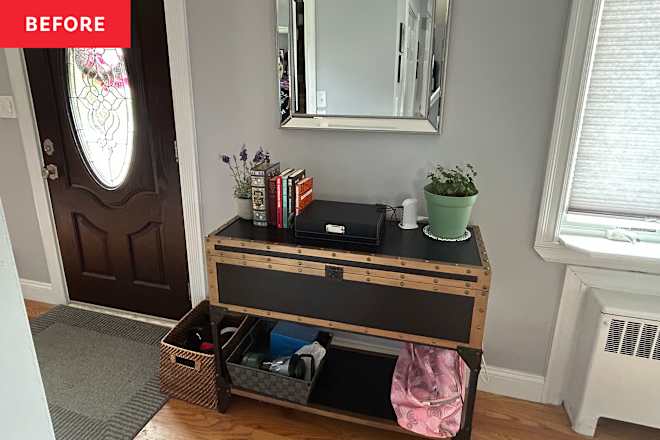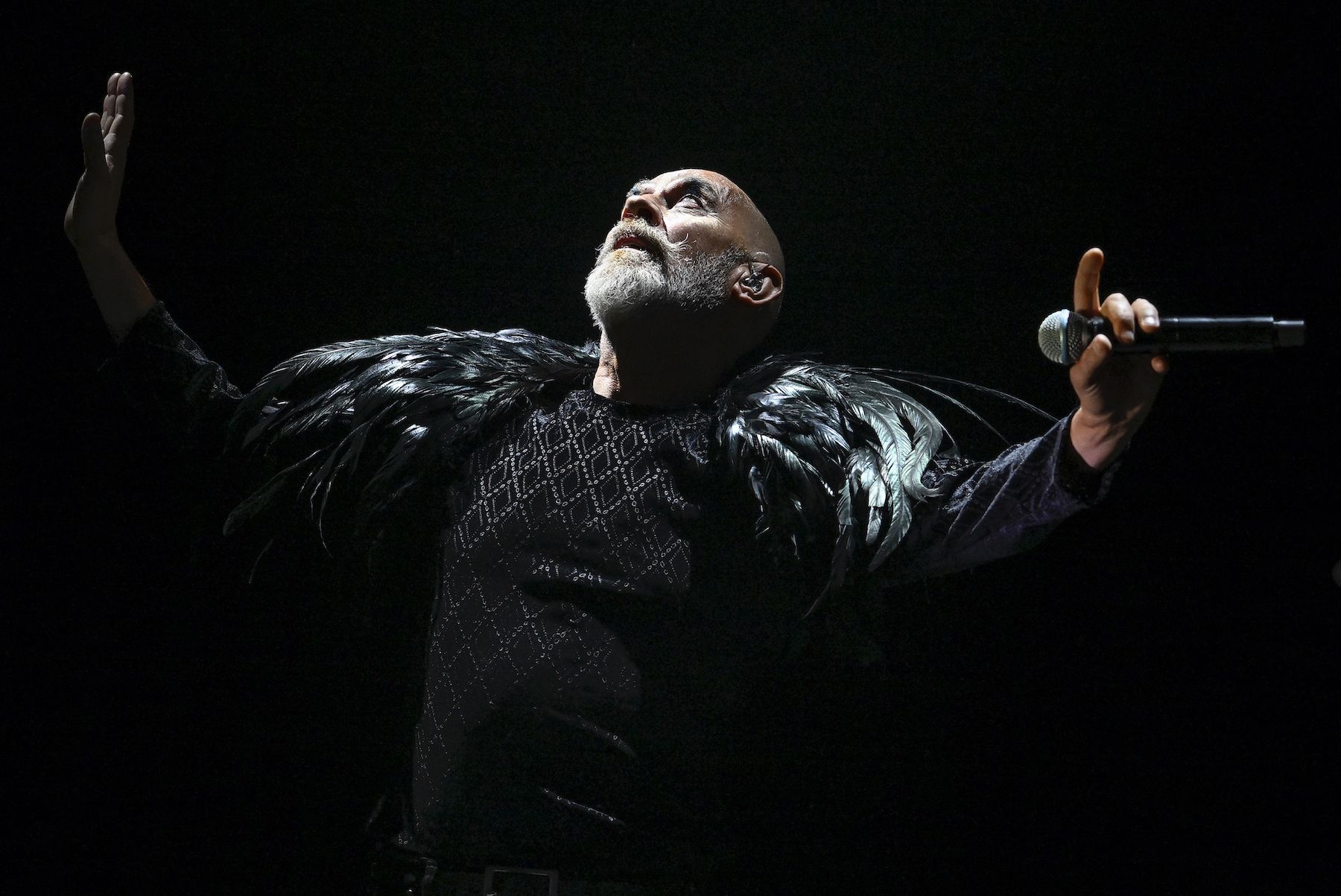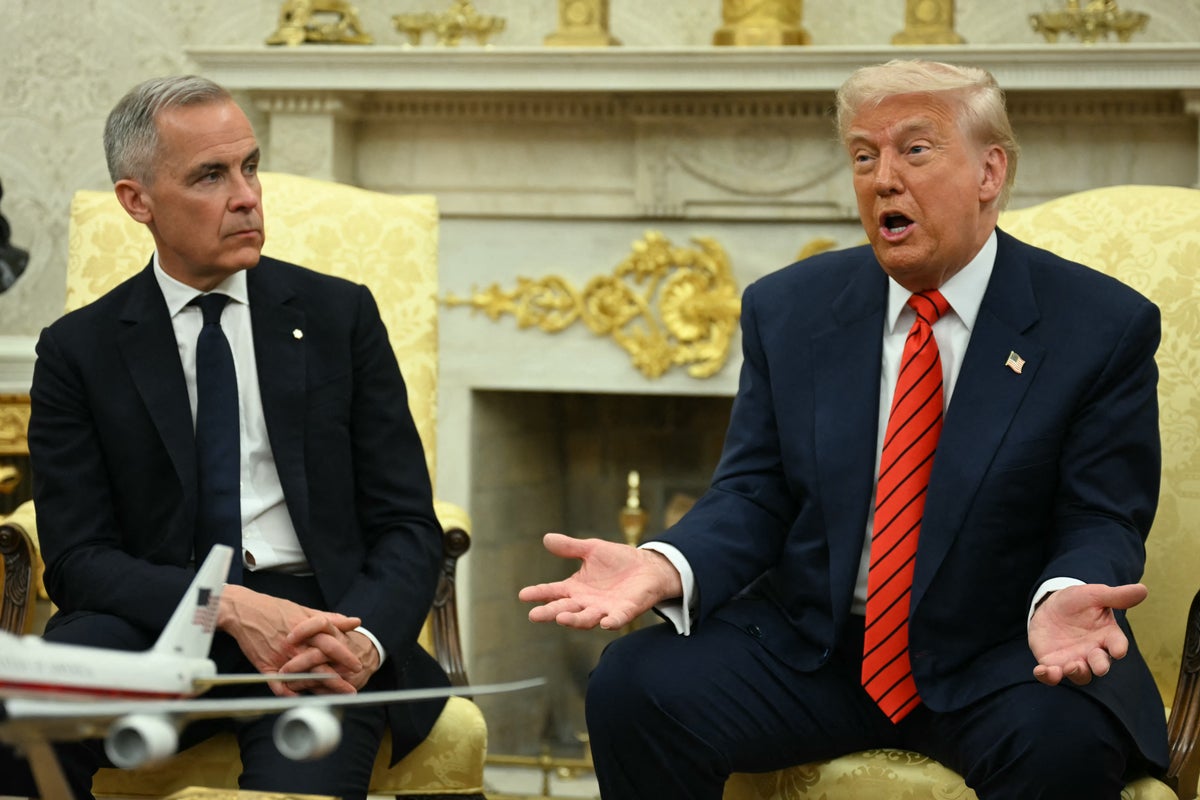Trump changes his tune on the economy
President Trump is changing his tune on the economy, suggesting that Americans should buy less and will probably pay more and bear the brunt of an uncertain economic landscape as his wide-ranging tariff policy takes effect. Trump and his economic team have for weeks said the tariffs would result in only short-term pain and that...

President Trump is changing his tune on the economy, suggesting that Americans should buy less and will probably pay more and bear the brunt of an uncertain economic landscape as his wide-ranging tariff policy takes effect.
Trump and his economic team have for weeks said the tariffs would result in only short-term pain and that the tumult in the stock market would eventually level out.
But the White House’s messaging has evolved from Trump on the campaign trail promising to lower prices and make America “wealthy” again to Trump suggesting that the U.S. needs a cultural shift on consumer spending while accepting that his tariff plan will raise prices.
Trump was asked Sunday by NBC’s Kristen Welker if he would acknowledge that his tariff plan will result in higher prices.
At first, the president suggested tariffs will “make us rich” — similar to sentiments he’s expressed when it comes to touting his economic policy. But in the next turn, he suggested that American children, for example, do not need as many toys and that Americans do not need to spend as much money on “junk we don’t need.”
“I’m just saying they don’t need to have 30 dolls. They can have three. They don’t need to have 250 pencils. They can have five,” Trump said, acknowledging that the prices of such items could also go up.
That’s in stark contrast with candidate Trump, who spent much of 2024 railing against inflation under former President Biden and promising to lower costs if elected. In an ABC News interview last week, Trump said his economic policy is what voters signed up for.
Trump has in recent weeks acknowledged “a little disturbance” in the economy that emerged when his tariff plan was rolled out. When he was campaigning, Trump spoke frequently of tariffs on China, the European Union, Canada and Mexico, but his policy ultimately imposed tariffs on nearly every country in the world, sending the U.S. and foreign stock and bond markets into chaos.
Douglas Holtz-Eakin, president of the center-right American Action Forum, called Trump’s messaging “pivoting” on an unpopular policy.
“This feels tone-deaf to me. This is, 'You’re too materialistic. You don’t need as many dollars as you think.' And he’s a very strange messenger for that message, and I don't think it's going to sell,” Holtz-Eakin said.
Marc Short, who was a top aide to former Vice President Mike Pence during Trump’s first administration, warned that Trump risks alienating people if he keeps talking about dolls, calling it a “damaging message” that “suggests a little bit of an elitism perspective.”
High tariffs on China and other key trading partners will have the most impact on Americans who rely on less-expensive goods, not those who can buy 30 toys, argued Daniel Hornung, National Economic Council deputy director in the Biden administration.
“Saying low- and middle-income people should just buy less or buy more expensive stuff misses an important point,” Hornung said. “We have large swaths of the country that don’t make enough money to afford to buy expensive things, and it’s very important to them whether or not something costs 5 percent or 10 percent or 20 percent or 100 percent more.”
Trump imposed the 90-day pause on “reciprocal” tariffs — those that went above the benchmark 10 percent rate imposed on all countries — amid increasing pressure from Wall Street and fellow Republicans. A 10 percent tariff remains on all countries, as does a massive 145 percent tariff on China, the world’s second largest economy.
Markets are still facing turbulence as the future of tariffs and trade relationships remains unclear, despite the White House insisting some deals are close to fruition.
Using tariffs as a negotiation tool while Trump is also asking Americans to get used to buying less goods are opposing ideas, argued Kathryn Anne Edwards, a labor economist and policy consultant.
“They’re in complete conflict with each other because if it’s just a negotiating ploy, you don't try to bring domestic production home at all. You’re just trying to get a better price for your consumers here,” she said. “If it’s actually about domestic production, negotiation's off the table because I don't care what you offer me, this is about jobs at home.”
Also contributing to economic anxieties are some projections from Wall Street that see a potential recession on the horizon.
When NBC’s Welker asked Trump whether he was OK with the prospect of a recession, at least in the short term, he replied: “Look, yeah. Everything’s OK. What we are — I said this is a transition period.”
Trump allies in Congress, meanwhile, are backing the president. Sen. Ron Johnson (R-Wis.) dismissed the possibility of a recession on Sunday, adding that “you have to act boldly” when it comes to the tariff agenda.
Edwards said that the possibility of the U.S. heading toward a recession could actually prevent companies from opening manufacturing plants in the U.S., going against one of Trump’s own intentions.
“What would prevent a business right now from saying, ‘Hey, if there's a tariff, I'm going to start manufacturing something at home.’… Well, they can't do it because if there’s a recession, it’s not an easy time to start a high-scale manufacturing business, especially if orders are down, stores are closing and consumption is down,” she said.
The policies are also losing some support from the public. Almost 6 in 10 U.S. adults said Trump’s policies are making the economy worse in a CNN poll published last week, and a recent Gallup poll found that 89 percent of U.S. adult respondents think the tariffs will increase prices.
One indicator of whether Trump’s message on the economy is a winning one will be how Republican lawmakers handle it in their 2026 reelection bids, said Holtz-Eakin.
“I don’t know that he ever loses his base, but the fundamental question is, when does he lose the Republicans in Congress who need to run for reelection?” Holtz-Eakin said. “If the president gets unpopular enough… you start trying to distance yourself and when you start to see that, you know, Trump's lost.”

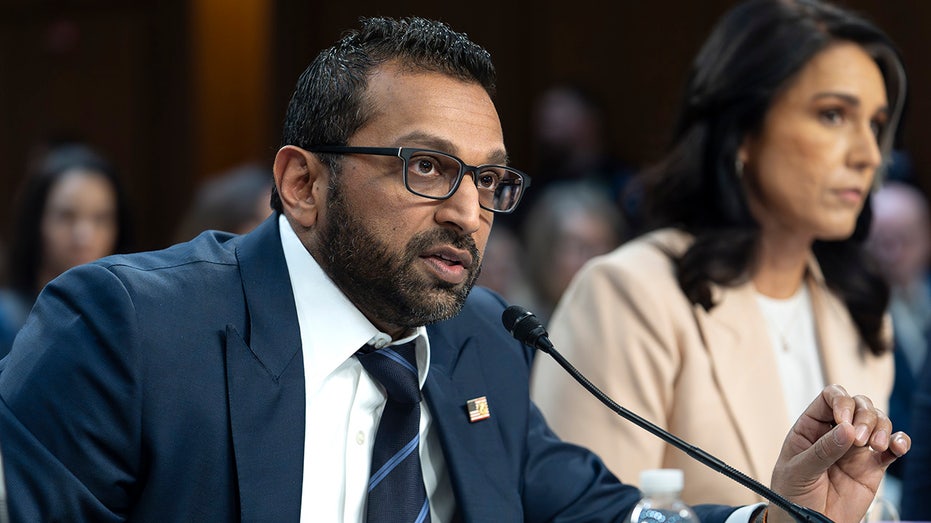


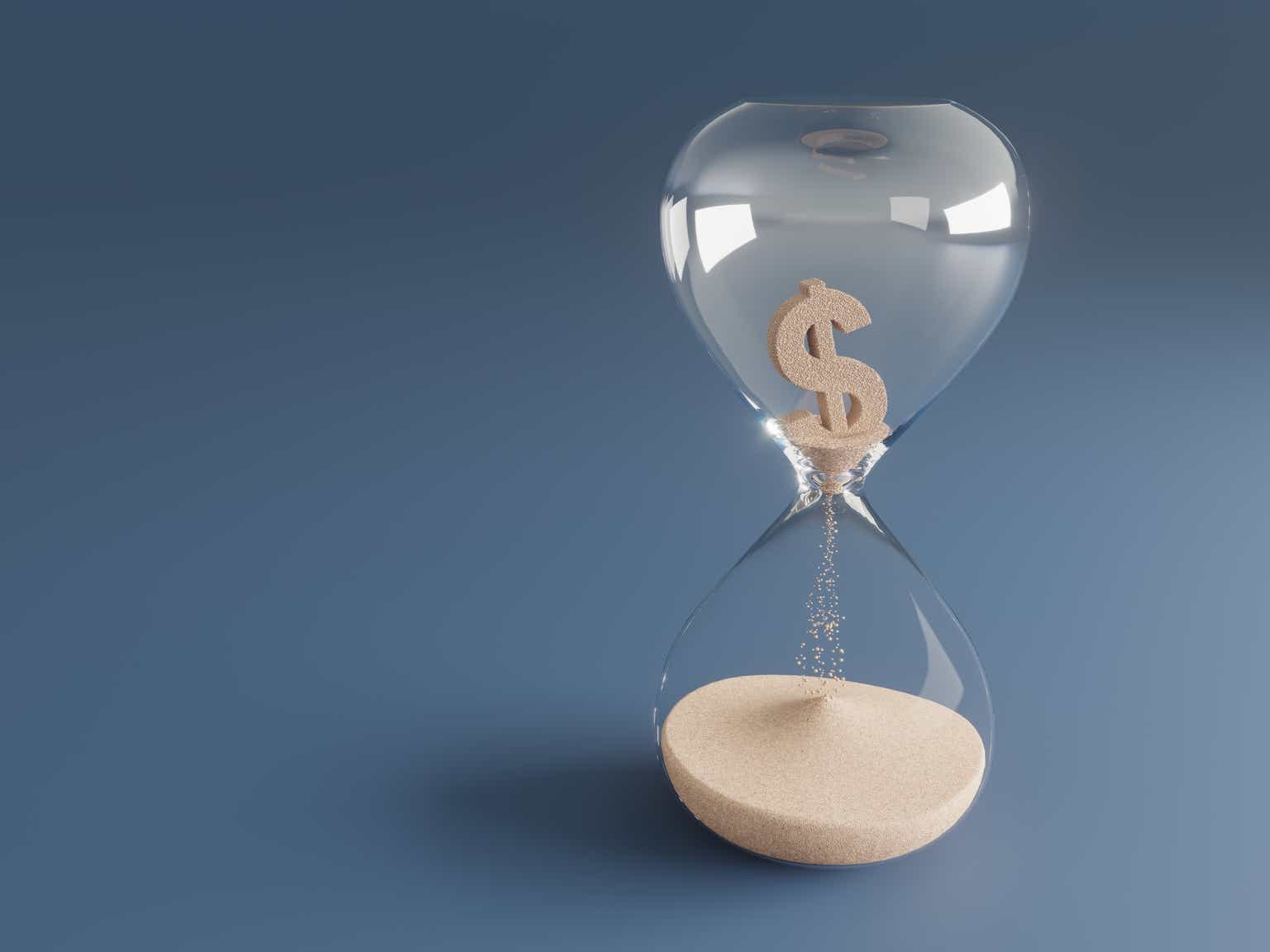







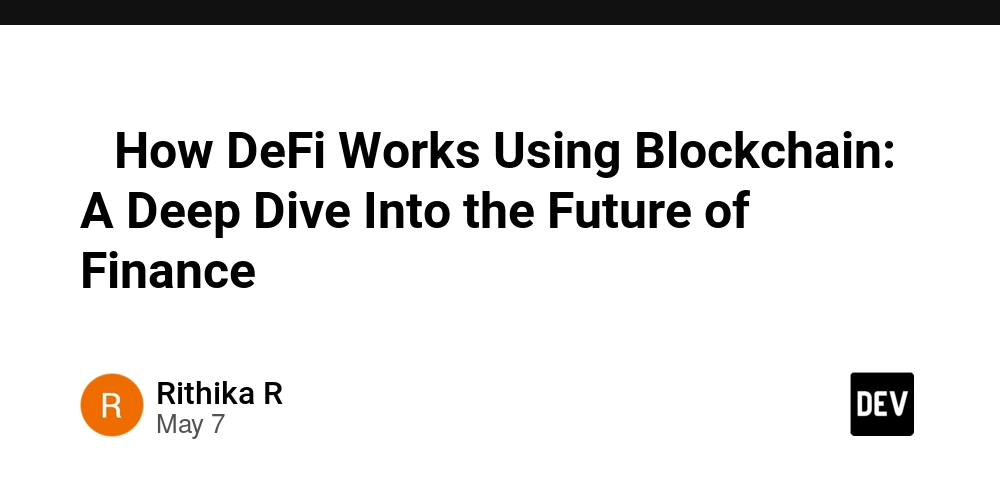




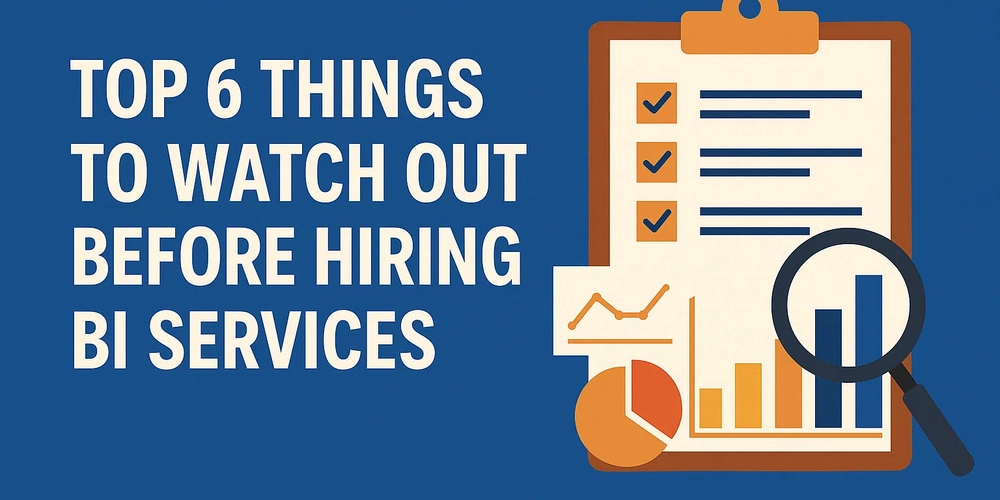
_Wavebreakmedia_Ltd_IFE-240611_Alamy.jpg?width=1280&auto=webp&quality=80&disable=upscale#)

















